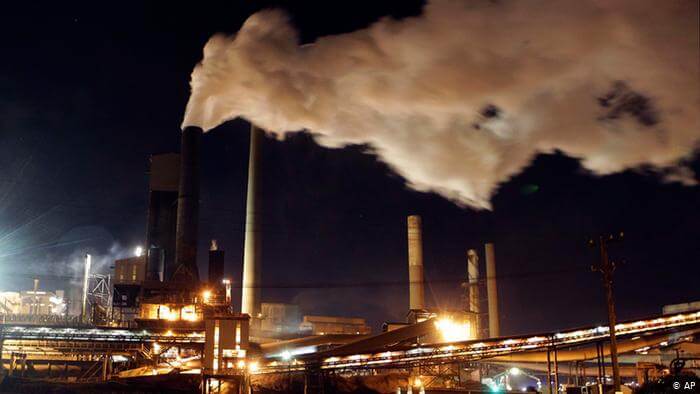SIRC: Climate change is a huge risk, but also a market opportunity
November 6 2020 by Yvonne Lau
The final day of the SIRC 2020 (November 5) wrapped up with a panel discussion on the market’s ability to manage climate risk.
Moderator Sharon Ooi, Swiss Re’s head of Australia and New Zealand, said a global climate action plan is urgently needed — one that is bold, backed by science and supported by both private and public stakeholders.
The (re)insurance marketplace should be working towards improving abilities to anticipate climate risk and strengthened capacities to manage them. Risk knowledge will continue to be a key asset, and to drive innovation and investment in new technologies, noted Ooi.
QBE’s group head of sustainability Janette O’Neill highlighted the need for companies to understand how climate risk translates into financial and material risks to the business. Firms should also be aligned with global compacts such as the Paris Agreement and the Taskforce on Climate-Related Financial Disclosures (TCFD).
Good governance plays a big role, outlining where responsibility and accountability lies in climate action and risk mitigation, added O’Neill. This includes integrating climate risk management into decision-making (e.g. stress-testing and scenario planning) and overall strategy, such as integrating it into business planning and growth targets.
Augusto Hidalgo, head of climate and resilience hub, South-East Asia at Willis Towers Watson, reflected on the market’s fundamental role as a risk adviser and risk-taker. The “quantitative firepower of [the industry’s] loss modelling and data gathering” applications has now expanded, used in actuarial and pricing capabilities.
Such capabilities should be broadened even further — even beyond the (re)insurance marketplace. These technologies and expertise can be used for other industries and businesses, and is a “potential powerhouse for driving executive decision-making about climate action,” noted Hidalgo.
He also touched upon the importance of public-private partnerships, such as the Global-Asia Insurance Partnership (GAIP), which is set to be formally launched in January.
Vineet Kumar, head of catastrophe perils, Asia for Swiss Re, noted that there will be an increased number of extreme weather events moving forward as the planet heats up.
Thus, it’s important for all teams in a (re)insurance business – from those looking after investments, to underwriting and risk – to be brought together on a connected agenda that builds climate risk management into everyday workflow and performance criteria, O’Neill concluded.
-
Allianz General | Allianz General combines innovative protection solutions while powering social good to lead Malaysian market
The carrier proactively addresses emerging risks and evolving customer protection needs while giving back to the community.
-
Sedgwick | Asia’s Energy Transformation – Balancing Growth, Risk and Renewables
Energy market presents unique risks, especially in a region which includes China and Japan as well as developing nations like Vietnam and the Philippines.
-
Beazley | Turbulent Waters: the maritime energy transition challenge
Businesses are facing a complex transition to non-carbon energy sources amid a push to achieve net-zero emissions for the marine sector by 2050.
-
Aon | Navigating shifts in the global and Asia insurance markets
Neelay Patel, Aon head of growth for Asia, says the market in Asia is at an ‘interesting stage of the cycle’.

